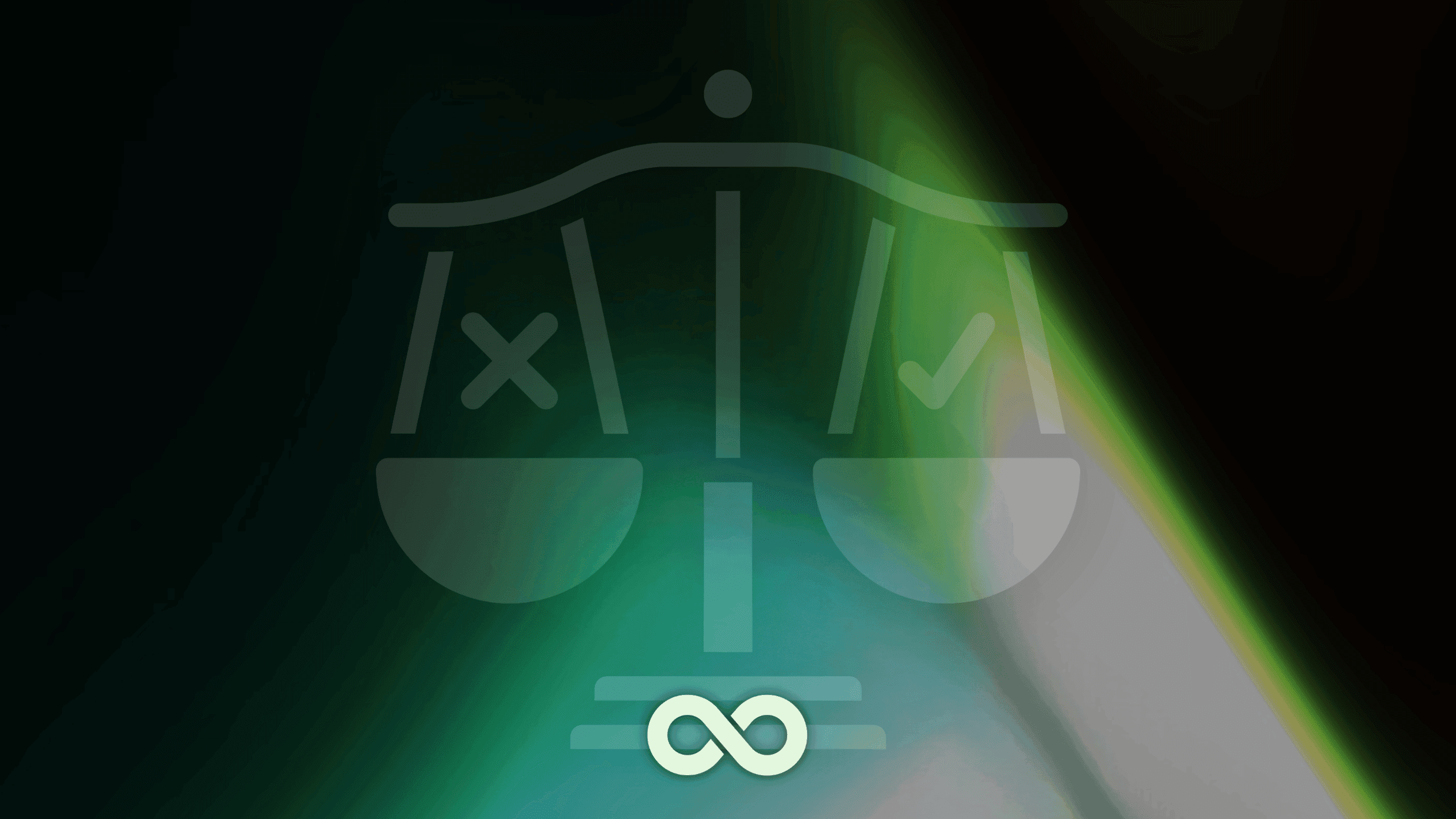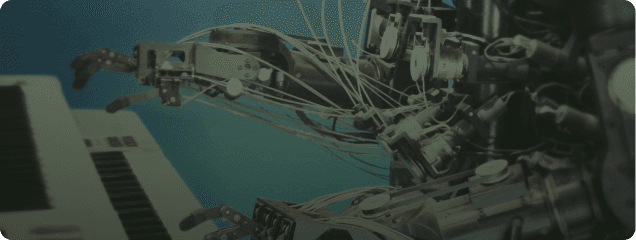Transhumanism, the pursuit of enhancing human capabilities through technology, has emerged as a defining discourse of the 21st century. From genetic engineering to artificial intelligence (AI)-driven augmentation and brain-computer interfaces, humanity faces the prospect of transcending biological limitations. While these advancements promise revolutionary benefits, they also raise profound ethical challenges. What does it mean to redefine humanity in machine-like terms? How do we navigate the moral terrain of "machine-made humanity"? This article explores these ethical dilemmas and outlines strategies to address them.
Understanding Machine-Made Humanity
The term "machine-made humanity" encapsulates the integration of technology into human life to enhance or transform physical, cognitive, and emotional capacities. Examples include:
Genetic Editing: Tools like CRISPR-Cas9 enable precise alterations to human DNA, potentially eradicating hereditary diseases or designing "better" humans.
Brain-Computer Interfaces (BCIs): Devices that merge human cognition with machines, offering possibilities like memory enhancement or direct communication with AI systems.
Artificial Organs and Prosthetics: Advanced robotics and AI allow prosthetics to mimic or surpass natural human abilities.
These advancements blur the line between human and machine, raising questions about identity, agency, and the nature of morality.
Ethical Challenges in Transhumanism
1. Redefining Human Identity
Transhumanism challenges the concept of what it means to be human. If individuals can replace biological components with technological ones or modify their genes, humanity may need to redefine itself. Critics argue that this shift could erode human uniqueness and the intrinsic value of natural life.
2. Equity and Access
Enhancement technologies are expensive, raising concerns about equitable access. Without regulatory intervention, society may split into "enhanced" and "unenhanced" classes, creating new forms of inequality and discrimination.
3. Consent and Autonomy
The use of technologies like genetic editing in embryos raises issues of consent. Future generations could be shaped by decisions made without their input, challenging notions of individual autonomy.
4. Unintended Consequences
The long-term effects of human augmentation are unknown. Enhancements could lead to unforeseen physical, cognitive, or societal problems, such as new health risks or the emergence of unanticipated ethical dilemmas.
5. Ethical Use of AI and Autonomy
As AI integrates with human systems, questions arise about agency and control. If an AI-enhanced individual commits a crime, how do we attribute moral responsibility? Furthermore, reliance on AI risks undermining human decision-making capacities.
6. Environmental and Evolutionary Concerns
Widespread use of enhancement technologies could disrupt natural evolutionary processes and strain ecosystems through increased resource demands or waste generated by advanced technologies.
Addressing Ethical Challenges in Transhumanism
To navigate these ethical challenges, society must adopt proactive measures grounded in principles of fairness, sustainability, and moral responsibility.
1. Establishing Clear Ethical Guidelines
Develop international frameworks, akin to the Universal Declaration of Human Rights, to define ethical boundaries for human enhancement.
Include diverse stakeholders—scientists, ethicists, policymakers, and the public—in drafting these guidelines to ensure inclusivity.
2. Ensuring Equitable Access
Create public-private partnerships to subsidize costs and make enhancements accessible to underprivileged populations.
Implement progressive taxation on enhancement technologies to fund public health initiatives.
3. Promoting Informed Consent
Establish robust protocols to ensure individuals fully understand the risks and implications of enhancements.
Require stringent ethical oversight for irreversible modifications, such as genetic edits in embryos.
4. Encouraging Global Collaboration
Facilitate international treaties to regulate transhumanist technologies, similar to agreements on climate change or nuclear weapons.
Establish oversight bodies, such as a Global Transhumanism Ethics Council, to monitor developments and enforce standards.
5. Fostering Ethical AI Development
Mandate transparency in AI integration with human systems, ensuring accountability and control remain with individuals.
Design AI systems that prioritize augmenting human capacities without undermining moral agency or decision-making.
6. Investing in Research and Education
Fund interdisciplinary research on the societal, psychological, and environmental impacts of human enhancement.
Educate the public about the potential benefits and risks of transhumanism to foster informed dialogue and democratic decision-making.
7. Emphasizing Environmental Sustainability
Develop eco-friendly enhancement technologies to minimize their environmental footprint.
Prioritize resource-efficient designs that align with global sustainability goals.
Conclusion
The ethical challenges posed by transhumanism are as profound as the technologies it promotes. Machine-made humanity has the potential to redefine the human experience, offering unprecedented benefits in health, cognition, and longevity. However, these advancements must be tempered with caution, fairness, and foresight. By establishing clear ethical guidelines, ensuring equitable access, and fostering global collaboration, society can harness the promise of transhumanism while mitigating its risks. The morality of machine-made humanity will depend on our collective ability to balance innovation with responsibility, ensuring that the future of humanity is both enhanced and ethical.






